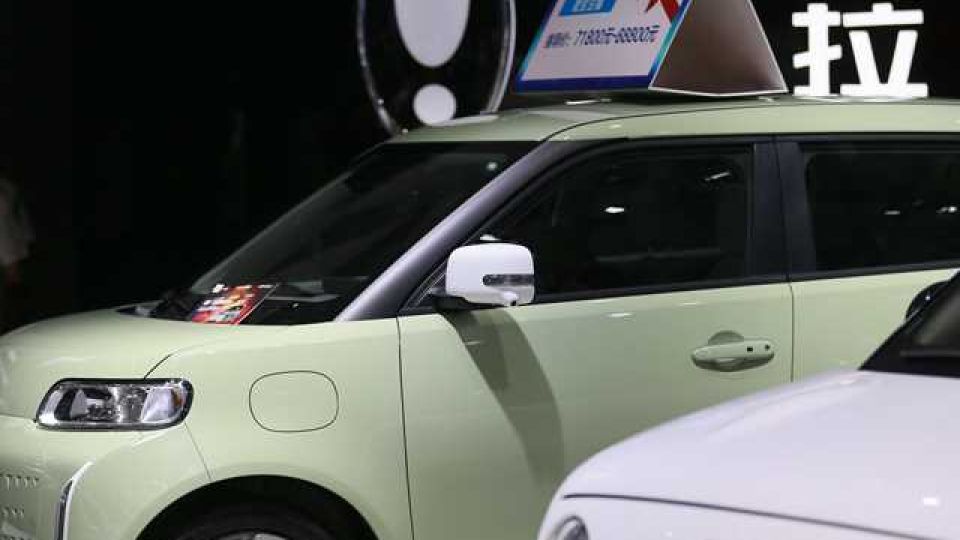March 15, 2022
BEIJING – New energy vehicles in China have seen a rise in sale prices recently, and some low-end models have stopped taking orders, China Securities Journal reported.
About 20 NEV manufacturers have announced price rises for nearly 40 models since the beginning of this month, with increases ranging from several thousand yuan to over 10,000 yuan ($1575).
For example, the prices of Tesla Model 3 Performance, Model Y Long Range and Performance have all gone up about 10,000 yuan.
“Surging prices of upstream raw materials directly drives up production costs,” said a sales manager of BYD in North China. “The cut of NEV subsidies also exerted huge pressure on manufacturers.”
Early this year, a 30 percent year-on-year reduction in state subsidies for NEVs was issued by government departments.
Lithium, cobalt, nickel and other rare metals – the key raw materials for batteries — have witnessed soaring prices since last year.
The price of lithium salt topped 500,000 yuan per ton recently, up more than five times year-on-year.
As production costs spike, some low-end models have already stopped receiving orders, such as the Ora White Cat and Black Cat produced by Great Wall Motors, and Changan Automobile’s BenBen E-Star.
Xu Haidong, vice-chief engineer of the China Association of Automobile Manufacturers, said there are two market strategies for China’s NEV makers – producing high-end models like Tesla, NIO and XPeng, or exploring the low-end market like Ora and Wuling MINI EV.
However, price rise and order problems do not have obvious impact on the rapid growth of the Chinese NEV market.
CAAM showed the production and sales of new energy vehicles reached 368,000 and 334,000 in February, respectively, up 2 and 1.8 times year-on-year.
Faced with existing difficulties, carmakers are adjusting their production structure to lower costs while maintaining supply.
Great Wall Motor and Guangzhou Automobile, for instance, have enhanced their layout in battery production. BYD has also invested in a lithium mining project in Chile to ensure raw materials supply.
During the two sessions, China’s annual legislative and political advisory meetings, which came to a close last week, some carmaker CEOs also suggested offering the NEV sector more policy support in financing, tax and fee cuts.


